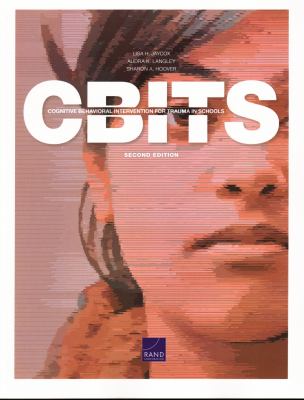
electronic resource
|
CBITS : cognitive behavioral intervention for trauma in schools
-- Cognitive behavioral Intervention for trauma in schools
Copies
0 Total copies, 0 Copies are in,
0 Copies are out.
Digital Link
Subjects
Language
English
Dimensions
28 cm.







